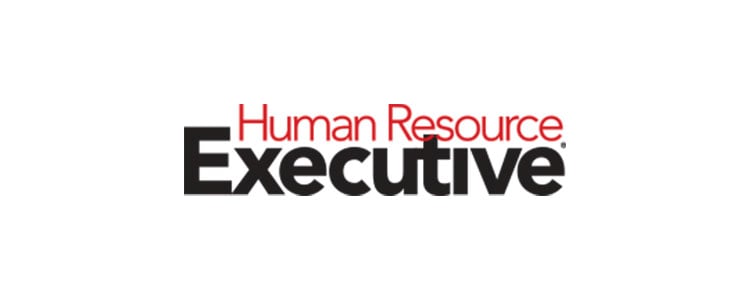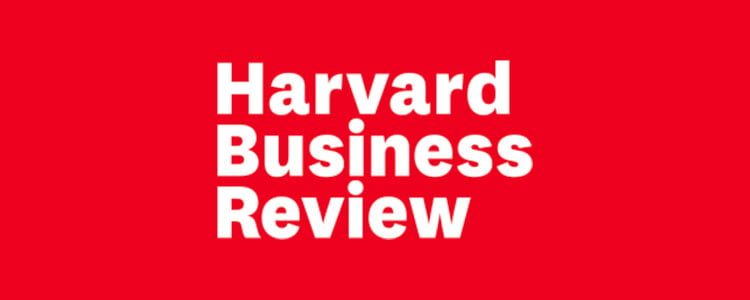Winter and the holidays are upon us. The end of the year is always hectic for businesses, but it's also an eventful time. When a year ends, it's time for new opportunities, projects, and goals. It's an exciting time!
That said, let's take a look at some top work stories this month.
We begin with an interview with Home Depot's VP of Human Resources. He discusses the challenges of managing a massive (and mostly "deskless") workforce. Next, we look at a thought-provoking piece published by HBR about the prevalence of caregivers in the workforce and how misconceptions about caregiving could hurt your employee experience. Lastly, we look at Inc Magazines Best in Business awards and the top companies that exemplify corporate social responsibility in 2022.
 5 Questions With The Home Depot’s CHRO
5 Questions With The Home Depot’s CHRO
From: Human Resource Executive
Topic: HR Operations
Timothy Hourigan, Home Depot's executive VP for human resources, discusses several HR-related topics in this interview.
He explains how the pandemic has impacted the HR profession; in both good and bad ways. Describing how the pandemic required HR people to "rise to the occasion" and solve all sorts of people-related challenges. But that challenge allowed the HR profession to "distinguish itself in the most trying of times."
Most importantly, he talks about how Home Depot manages a massive workforce of mostly "deskless" workers and ensures the company keeps employees engaged with career opportunities. Proudly stating that "internal talent development has been a hallmark of The Home Depot since our founding in 1978."
Home Depot has multiple programs to support these employee development initiatives. In this interview, he gives examples of a few.
For example, one key program is called the "Orange Method." Home Depot developed this program for hourly workers wanting to move into technology. After passing a basic skills review, candidates attend a "boot camp" where they are taught systems and software engineering skills. Upon successful completion of the program, candidates are placed in engineering roles.
 5 Things Employers Get Wrong About Caregivers at Work
5 Things Employers Get Wrong About Caregivers at Work
From: Harvard Business Review
Topic: Employee experience
Caregivers make up around 73% of the workforce. "Caregiver" is a broad term that includes people who care for young children or elderly family members. It can also include those supporting a sick or disabled child, sibling, or spouse.
The author of this article explains how caregivers need thoughtful policies to thrive at work. Sadly, many companies operate under misconceptions that could harm this large group of employees.
Here is a summary of the myths companies have about caregivers.
- School and child care are "back to normal." Many workers have left the daycare industry, and staff shortages are having a massive impact on these resources to help alleviate part of the caretaking duties.
- Inclusive care policies means giving dads paternity leave. Family leave policies are focused on caring for a new child. But, they instead should be much broader to include other kinds of caregiving needs beyond those of brand-new parents, such as caring for a sick child or an elder parent.
- Those who choose flexible work are less interested in advancement. The proximity bias is real. Managers can easily forget about employees working remotely when assigning tasks; this can hurt one's growth trajectory at work. This bias unfairly harms caregivers (often women) as caregivers are more likely to favour flexible or remote work options.
- Caregiving isn't discussed much at our office, so it must not be an issue. Many workers don't talk about their role as caregivers as they don't want to be judged. The author encourages leaders to start being more transparent about their caregiving responsibilities. When leaders demonstrate that they have care responsibilities, employees are more likely to feel that it is acceptable to speak about them at work.
- If there was a problem with our policies, we'd know about it. The author asserts it's rare to find employees who will point out policy flaws and go out on a limb to advocate for changes. The bottom line, employees, are likely unhappy, and companies should be more proactive in addressing these problems.
 Inc. Magazine “Best In Business” 2022
Inc. Magazine “Best In Business” 2022
From: Inc. Magazine
Topic: Company culture, corporate social responsibility
Inc Magazine's annual "Best in Business" awards celebrate organizations that put purpose before profit. These winning companies have made a significant impact in their fields and society at large.
The list includes over 200 companies spanning SaaS, financial services, and construction industries.
The winning companies have embedded social responsibility into their business models. This is done through pro bono work or tackling critical societal concerns like sustainability, racial justice, poverty, or mental health.
The awards prove that any industry can strive for greater social impact and responsibility.
About the author
 Michelle Cadieux
Michelle Cadieux
Michelle is a content writer for Applauz. She holds a Bachelor's degree in Psychology from Concordia University, and she has been writing about work and employee happiness for over five years.


